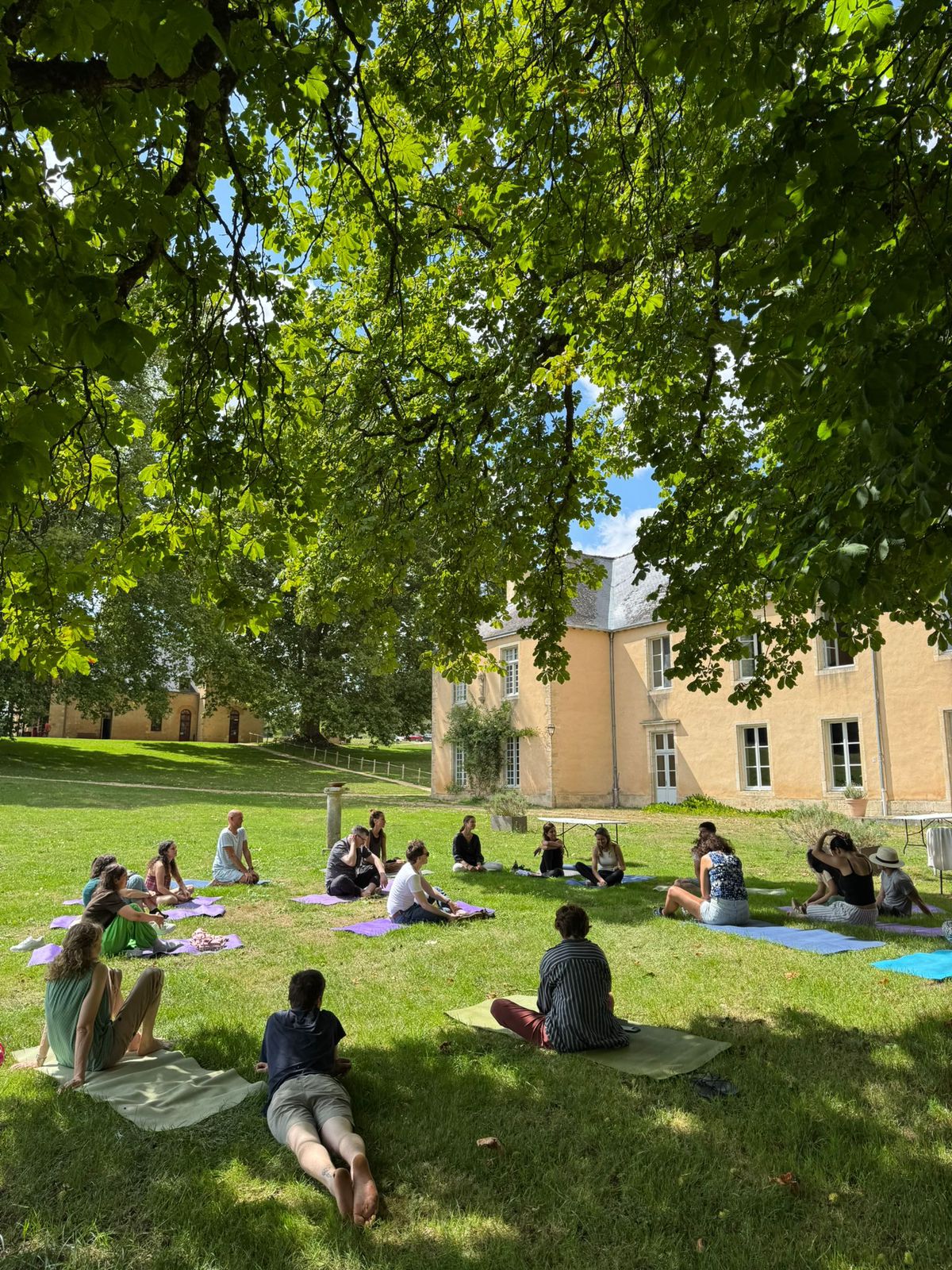If you missed yesterday’s reflection, you might read it as a preparation for today’s about Jesus as a master storyteller. But not necessary, because his stories stand alone with simplicity, clarity, down to earth and yet transcendental and often with an element of exaggeration. Imagine a twinkle in his eye as he told them to the people seated entranced in front of him. He might not have been a stand-up comic but it’s hard to imagine him as being solemn in person as he has come to be seen.
His message, the theme that runs through all his teaching and epitomises his life and personality, could be summarised as the ‘kingdom of heaven’. This is not exclusively within us or outside us, it is not a place or a reward. It is what it is and many different parables and his life-story birth, death and resurrection describe it. Why not take these two as an exercise in listening to the storyteller?
The kingdom of heaven is like a man who found a treasure buried in a field. He buried it again and for sheer joy went and sold everything he had.
Again, he said, the kingdom of heaven is like a merchant looking for fine pearls. When he found one of immense value, he sold everything he had and bought it.
They have much in common: finding, selling everything, buying. These are things we can understand from ordinary life even if the ‘everything’ is a bit over the top. Are they saying exactly the same thing? Kind of. But from greatly different perspectives. What’s the difference? Warning, spoiler ahead (or one kind of spoiler).
To work on it yourself ask yourself about the first parable and the lucky man who found the treasure: imagine how he found it; why did he bury it again?; what made him so joyful as to sell everything?; what does buying mean? Same questions about the merchant. Any reason why it does not say that the merchant was ‘joyful’?
I leave the questions for you. Except one, what is the big difference of perspective in this descriptions of the kingdom experience? It seems that in the first parable the man found the treasure by chance, as happens still today, for example, when farmers dig up a treasure buried from marauders centuries ago. But in the next parable, alike in many ways, the big difference is that the finding of the pearl is part of the daily work and routine of the merchant. The finding of the pearl may still be a joyful surprise but it is parallel to the experience of the first one. Nevertheless, both may feel immensely grateful and feel it as the work of grace.
Apply this to contemplative experience: the morning and evening routine work of daily meditation and the being taken by sheer surprise. Karl Rahner who thought the only real Christian of the future would be a mystic described the mystical in a way that includes ordinary people in daily life, in chance and daily routine: ‘genuine experience of God emerging from the very heart of our existence’.
I hope this two-in-one parable may help you see your day today as a parable that opens you to the kingdom.





